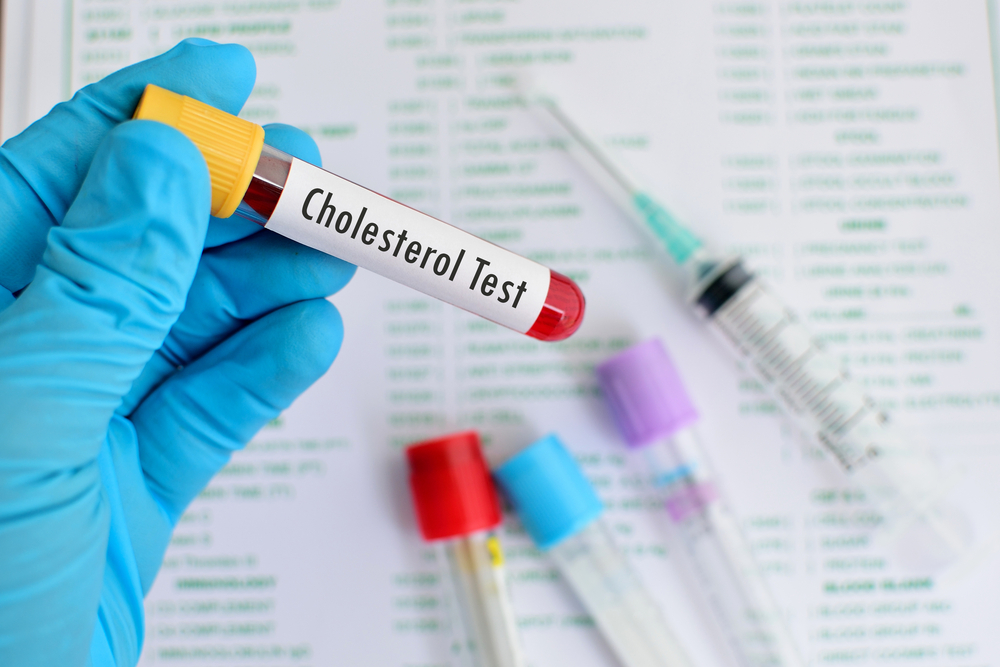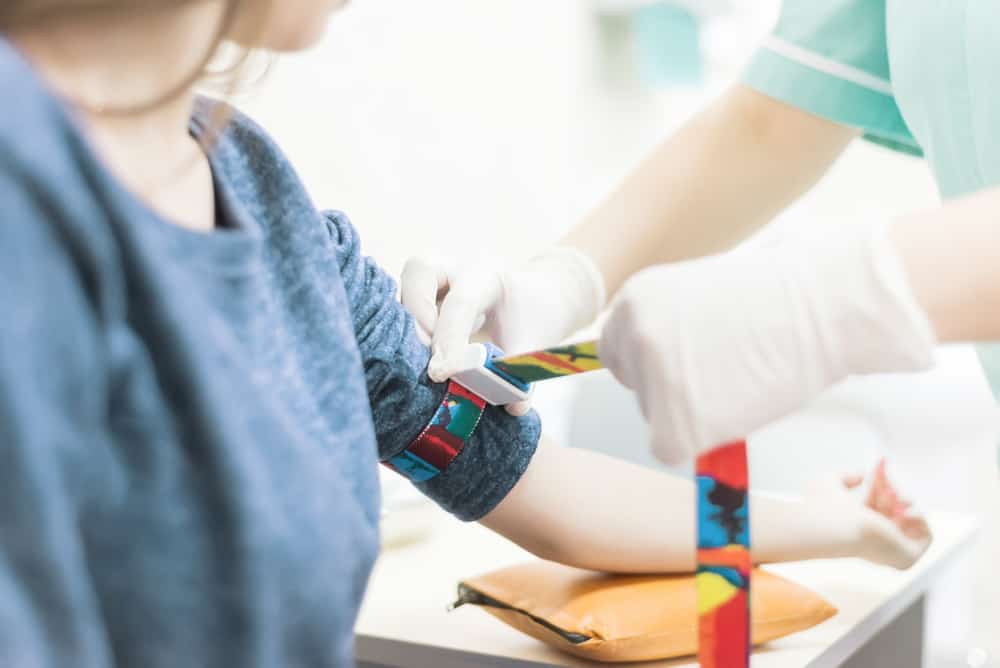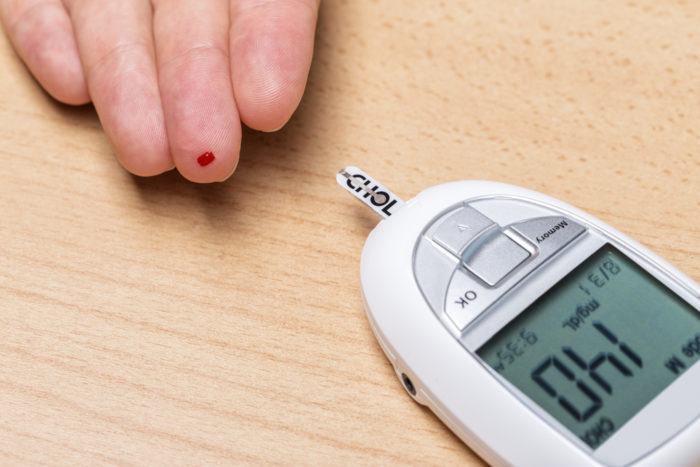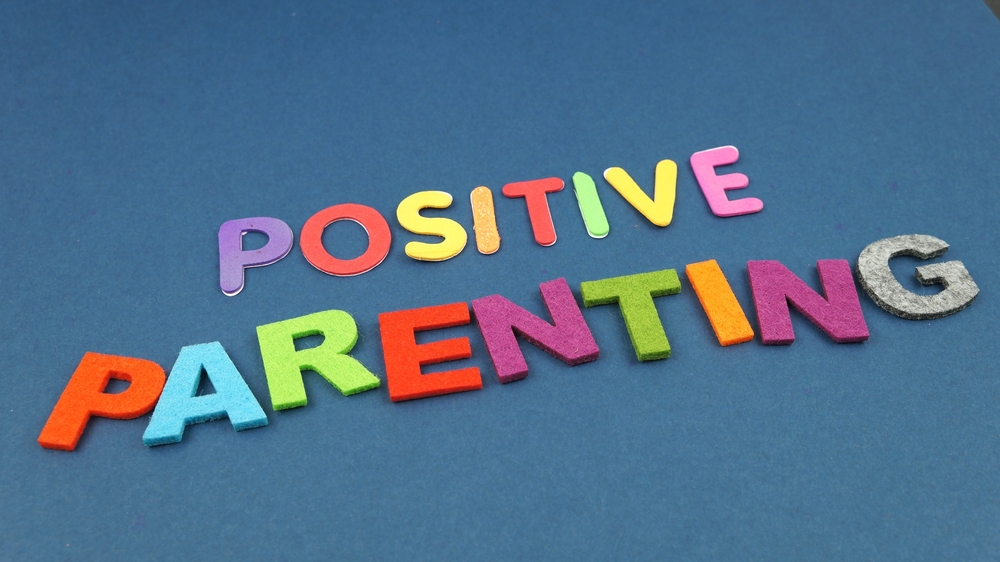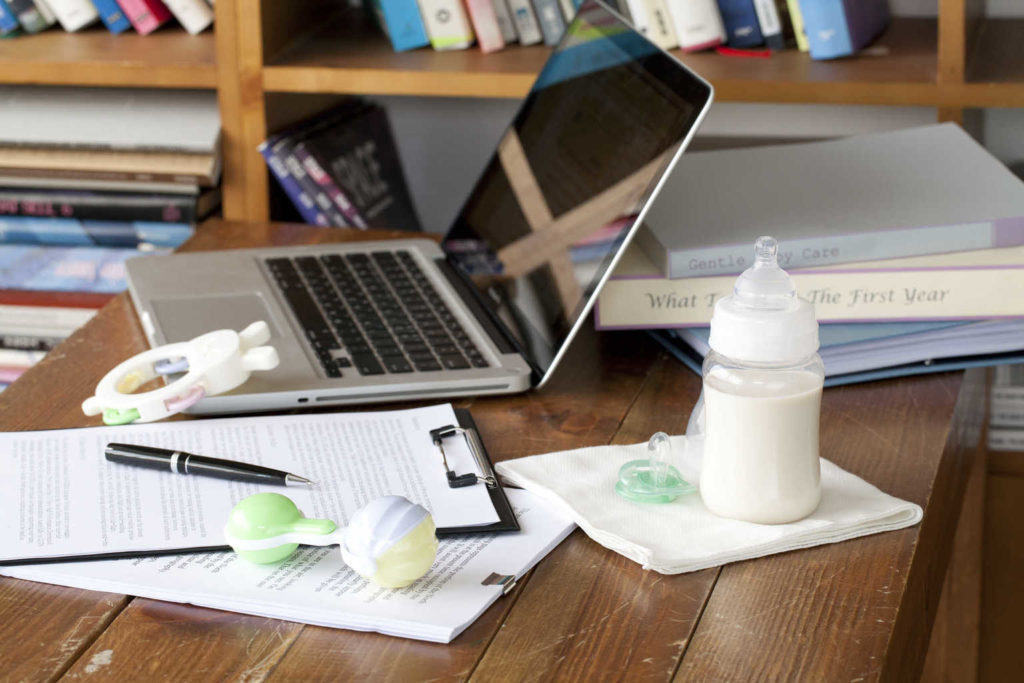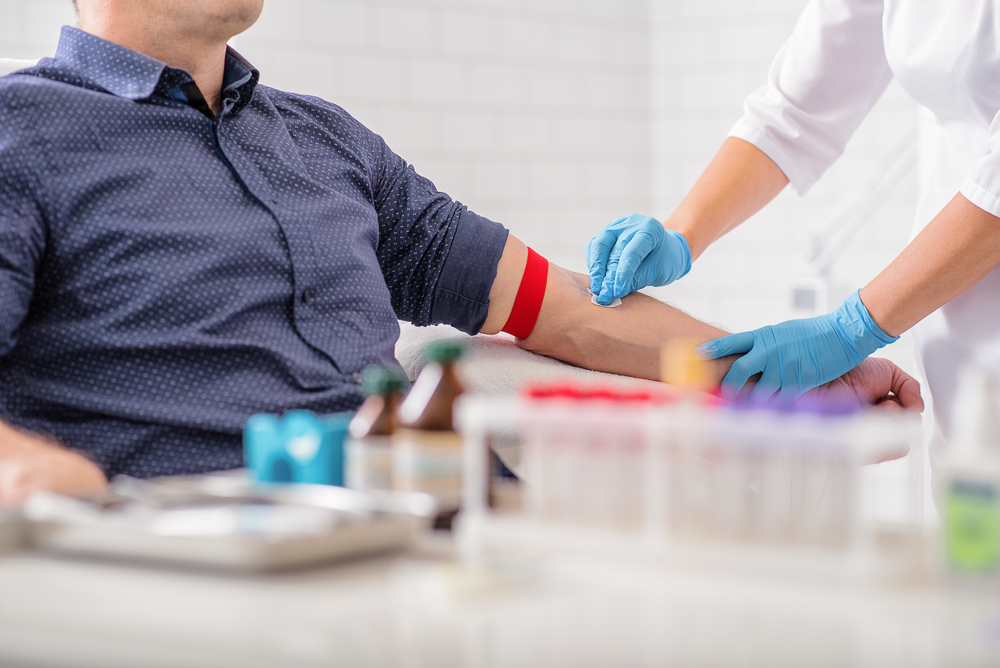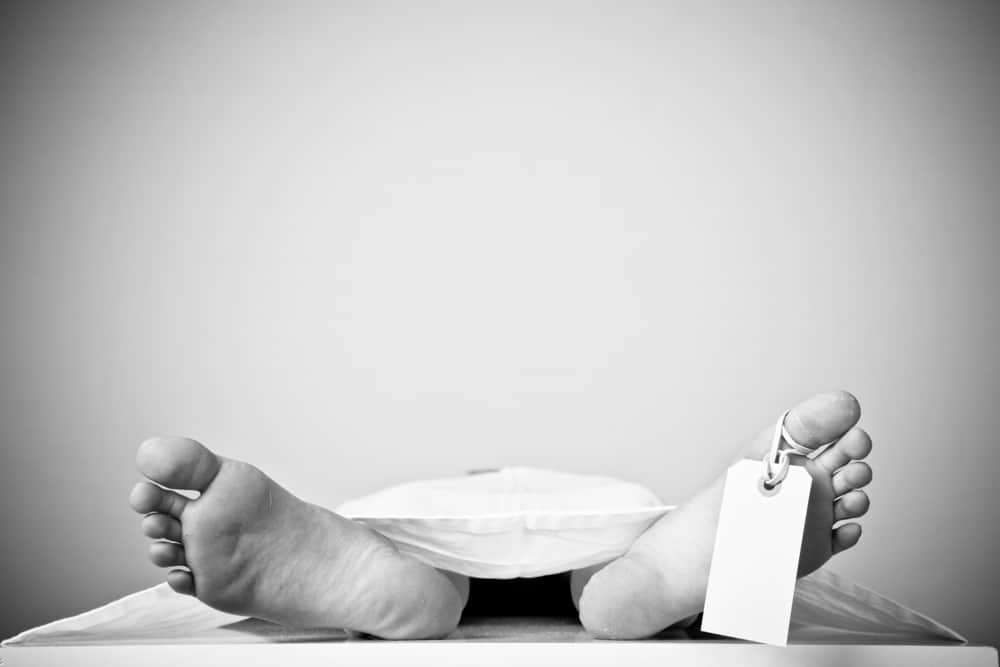Contents:
- Medical Video: Blood Test for Cholesterol | Nucleus Health
- Why do you have to fast before checking cholesterol?
- Some say there is no need to fast first
- What is the normal cholesterol level?
Medical Video: Blood Test for Cholesterol | Nucleus Health
For those of you who have high cholesterol, you must check your body's cholesterol levels regularly. If not controlled, high cholesterol can increase the risk of heart attack and stroke. You will usually be asked to fast first at least 10 hours before checking cholesterol. What is the reason, huh?
Why do you have to fast before checking cholesterol?
Health experts agree that fasting before checking cholecerol can provide the most accurate results. Because the food and drinks you consume can affect the levels of LDL bad cholesterol and triglycerides in the blood.
When you eat, each type of food will be digested and channeled to organs and blood. This blood containing food substances will be tested for cholesterol levels. Well, if you don't limit your food intake before the test, then the possibility of a cholesterol test result is likely to be inaccurate.
Some say there is no need to fast first
In fact, a recent study from the University of Copenhagen of the Faculty of Health and Medical Sciences revealed that you really don't need to fast before checking cholesterol levels. The experts found that cholesterol and triglyceride levels in fasting and non-fasting people showed relatively similar test results.
According to Borge Nordestgaard, a professor from the University of Copenhagen, not having to fast before checking cholesterol can actually increase patient compliance with the treatment and prevention of complications due to high cholesterol. This is certainly beneficial to reduce the risk of heart attack and stroke.
In essence, the need to fast before the cholsterol check depends on the condition of your own body. If your doctor assesses that your cholesterol test results will be susceptible to inaccuracy due to a number of reasons, for example due to food or medication intake, your doctor may advise you to fast for 9 to 12 hours before and should only drink water.
Usually, a cholesterol test is carried out in the morning to facilitate your fasting schedule before the test takes place.
What is the normal cholesterol level?
The American Heart Association (AHA) recommends that you are aged 20 years and over to check cholesterol regularly every four to six years.
In one cholesterol test consists of various types of cholesterol measured. To find out what cholesterol levels are considered normal, risky, and high, let's look at the following limits.
1. Total cholesterol is the total amount of cholesterol found in blood.
- Normal: 200 mg / dL down
- Borderline: 200 to 239 mg / dL
- High: 240 mg / dL and above
2. LDL is a type of cholesterol that can clog arteries and increase the risk of heart disease.
- Normal: 100 mg / dL down
- Borderline: 130 to 159 mg / dL
- High: 160 mg / dL and above
3. HDL, also called good cholesterol, which helps protect against the risk of heart disease. This type of cholesterol can remove excess bad cholesterol (LDL) in the blood, which helps prevent buildup. The higher the HDL level, the better your health.
- Ideal: 60 mg / dL and above
- Normal: 40 mg / dL and above for men and 50 mg / dL and above for women
- Low: 39 mg / dL down
4. Triglycerideshigh levels of triglycerides can increase the risk of heart disease, especially if accompanied by high LDL levels.
- Normal: 149 mg / dL down
- Borderline: 150 to 199 mg / dL
- High: 200 mg / dL and above
Having normal cholesterol levels is the key to maintaining a healthy heart and blood vessels. So, immediately check your cholesterol and start by fasting so that the results are more accurate. Be sure to always consult a doctor before taking a cholesterol test, huh!

